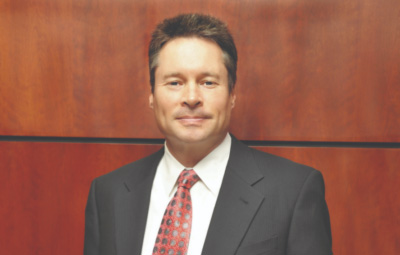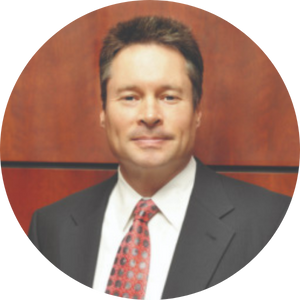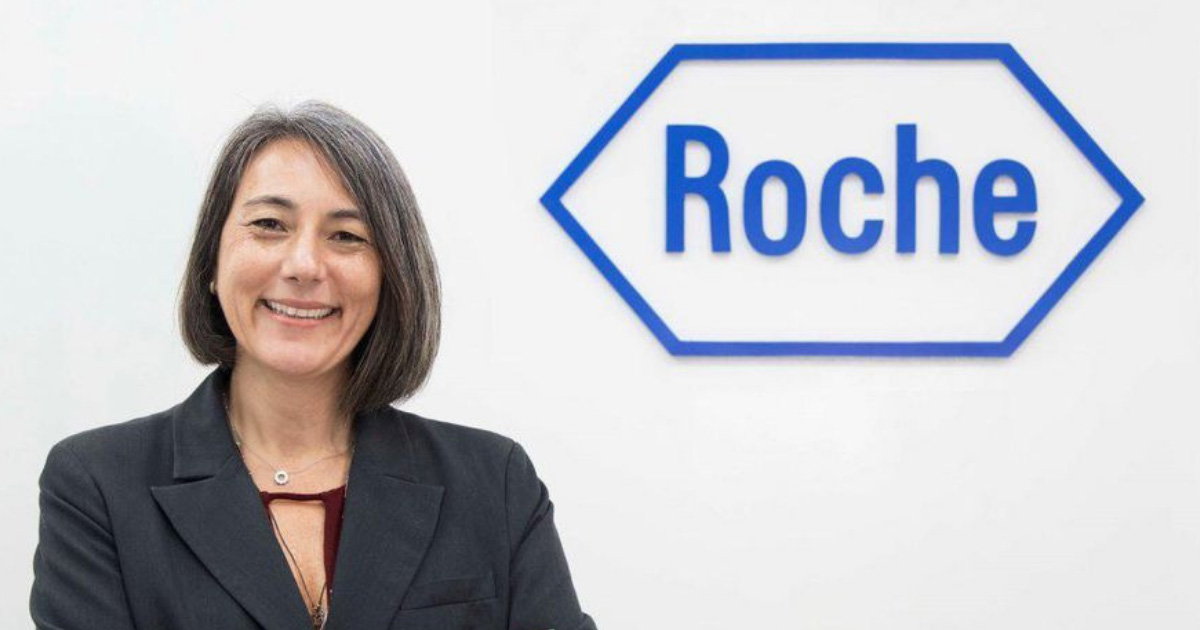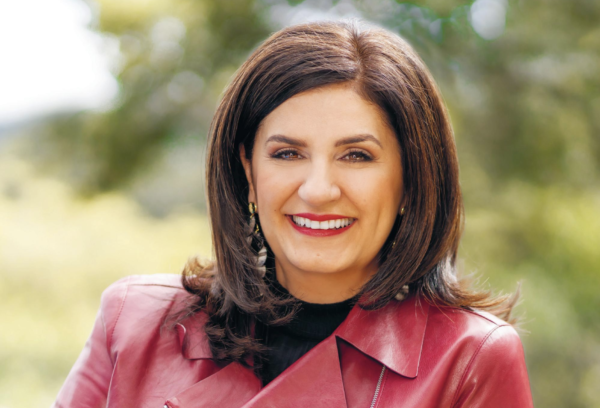Michael Canning reflects on the human shift facing healthcare.
The healthcare sector is shifting. What is administered, where it is provided, who delivers it, how we pay for it, and what’s required of leaders are changing rapidly and radically thanks to the potent accelerant of Covid-19. Overwhelming hospitalizations have imposed dramatic demands on personnel and hospital finances. Necessity has become the mother of invention.
“The pandemic put an emphasis on communications across our system,” Marvin O’Quinn, president and chief operating officer of CommonSpirit Health, told an expert panel moderated by Duke Corporate Education chief executive Michael Chavez. “We were able to take on big challenges, come together and quickly find solutions, and then get them implemented.” To connect leaders across the country, CommonSpirit virtually convened some groups daily and others several times a week. And, as in many other organizations, O’Quinn revealed that many of these innovative structures will remain after the pandemic.
Duke CE clients across diverse sectors share similar challenges. They need leaders to know how to create new cross-boundary structures that tap into collective intelligence and human creativity, to solve complex problems, and work together to make decisions at speed. They require a different and deeper set of connections across the organization, underpinning faster collaboration. The digital revolution, if executed effectively, can both solve these challenges and enhance human relationships. “We need to keep the human factor front and center,” Dr Geeta Nayyar, executive medical director of Salesforce, told the panel. She expressed an urgent need to connect the physician experience with the patient experience. A key challenge is to retain humanity in medicine when physicians and nurses are facing high levels of burnout, she said.
In every industry, digital transformation generates new data and useful insights about customers. Yet, as Nayyar said, it can do more: it can deepen the connectivity with patients. “We’ve had patients at our clinic say, ‘everyone looks me in the eye right now – it just happens to be through a webcam. But when we come into the clinic, you’re all so busy on your computers and inputting data, that it doesn’t feel like you connect with us’.” Here is the benign paradox: video visits have actually increased eye contact and the feeling of a one-on-one connection. Myriad studies demonstrate that the human connection between the patient and their doctor or nurse directly improves health outcomes. The same type of need is rising for, and expected by, employees.
Those of us outside the healthcare frontlines may not experience human suffering firsthand. Yet the pace of work and the rate of change continue to accelerate for us too. The stakes rise ever higher. In a study of several banks by Walden University’s Ransford George Davidson, social support – in the forms of supportive leadership and supportive personal networks – emerged as effective countermeasures to burnout.
Whether in healthcare or elsewhere, the human connection is an essential leadership function, key to elevating wellbeing and improving work outcomes. Chris Lowney, author and vice-chair of the board at CommonSpirit Health, said the focus should shift from lone hospitals curing physical illness to building ecosystems to deal with the whole person – physical, spiritual and mental health – including community and social service organizations, church groups, housing and food security. Yet the playbook for such a shift is nonexistent, Lowney warned. “It is going to require leaders who are pioneering, willing to try more things and fail – and willing to reach out,” he said.
As most businesses see their future moving to delivering customer-driven solutions, having more of these purpose-driven, out-reaching exploring leaders will be key to success. Adam Smith’s specialization theory’ has guided our thinking about leadership for more than a century. Yes, it drove efficiency, scale and success. But today we need a more human-based model. The change begins with rehumanizing leadership.
Find out about Duke CE’s Healthcare Leadership and Nurse Leadership programmes with Dignity Health Global Education at bit.ly/DukeCEHealthcare.




